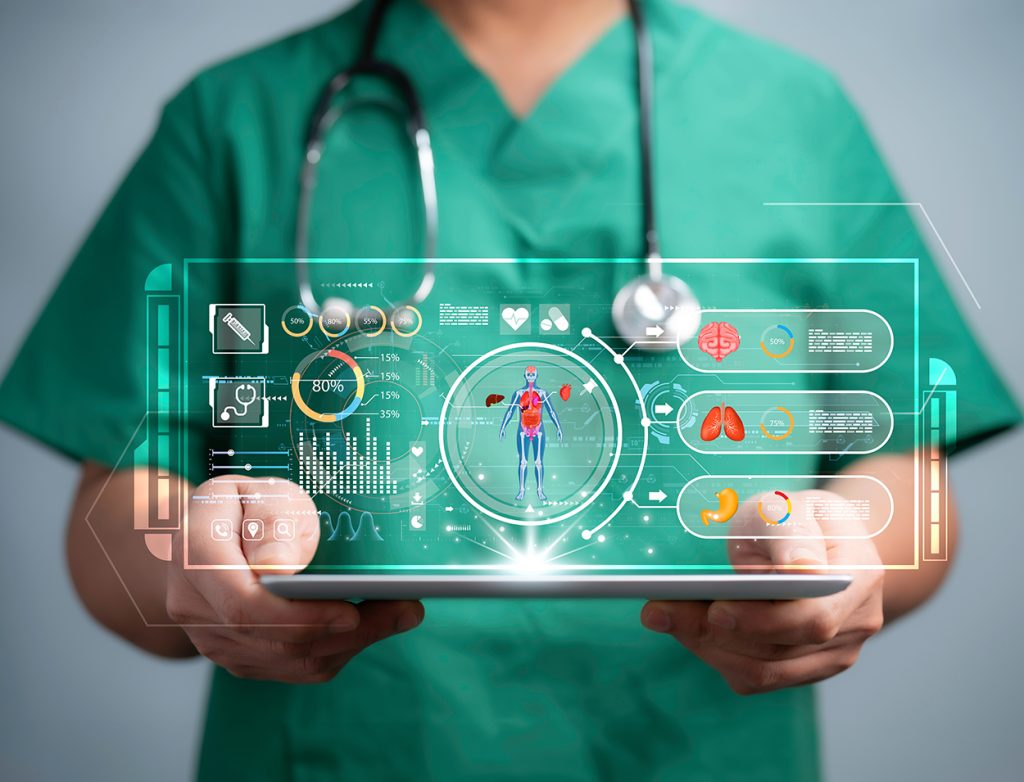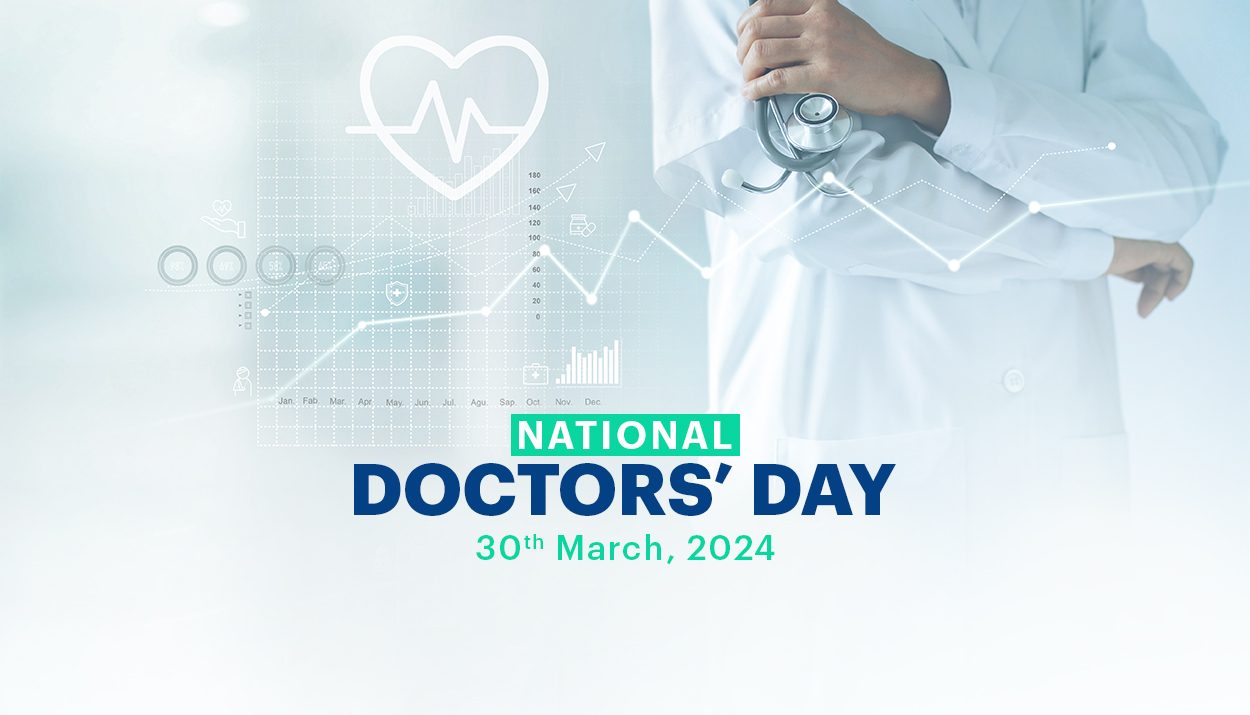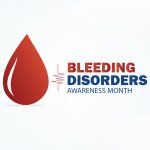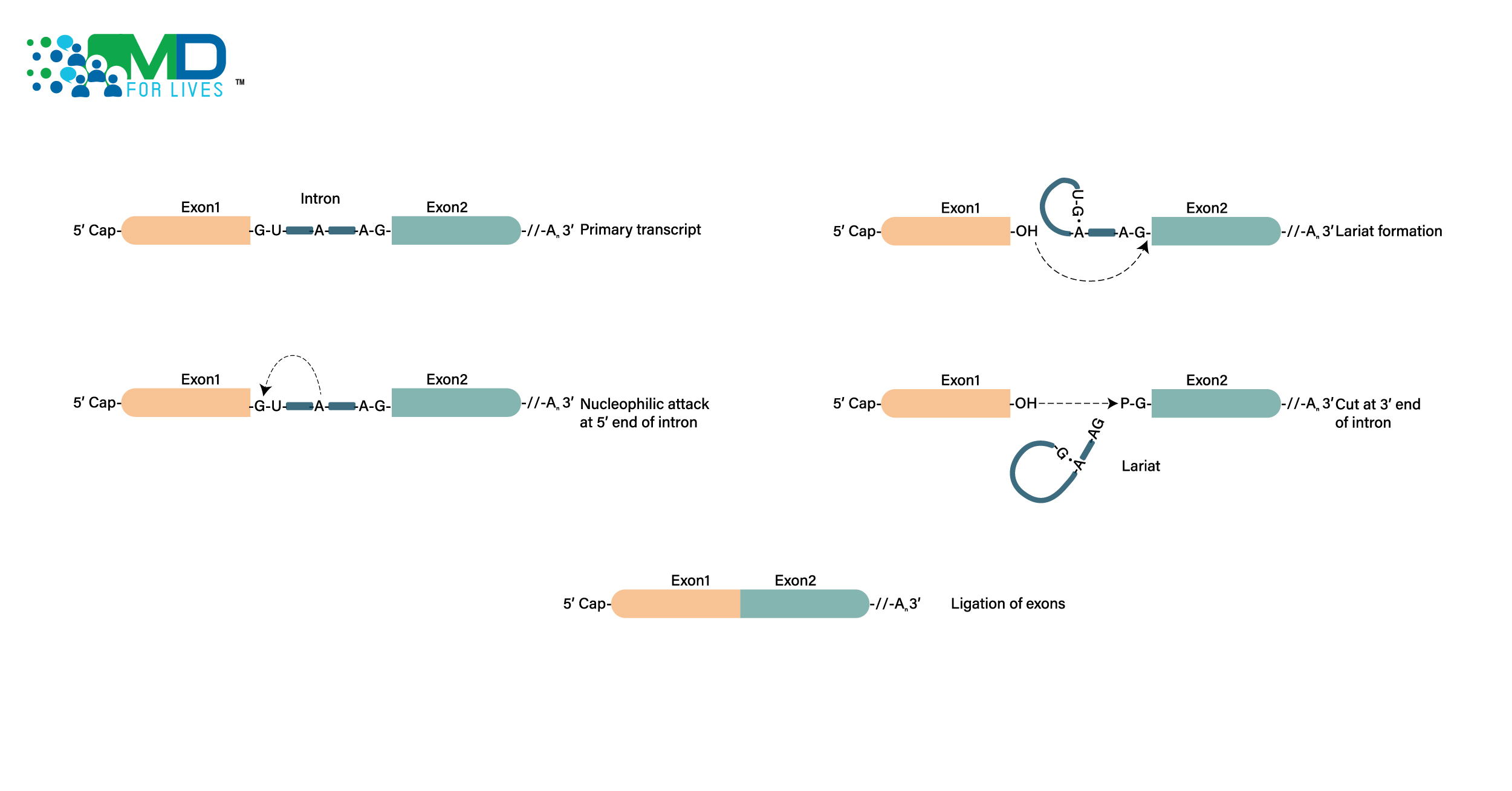From the ancient Egyptians wielding willow bark as a pain reliever to doctors using nanomedicines for cancer treatment, humanity’s relentless urge to push the boundaries of medicine across ages has been nothing short of a marvel. Today, we stand at the precipice of another revolution, a transformation driven not by chance discoveries or folklore remedies but by the deliberate hand of innovation. Ushering in this exciting new era are doctors, who are standing at the forefront of all the breakthroughs shaping the future of medicine.

With National Doctors’ Day just around the corner on 30th March, 2024, it’s the perfect time to celebrate the incredible strides in healthcare, all thanks to the forward-thinking doctors leading the charge. In this blog, we’ll talk about the fascinating transformations in the field of medicine driven by the unwavering dedication of these trailblazing physicians.
TAPPING INTO THE LIMITLESS POTENTIAL OF AI
In today’s era, doctors no longer wait for illness to strike; instead, they harness the power of advancements in medical technology to foresee and forestall health issues before they arise. The use of AI algorithms is a prime example of how technological innovations are revolutionizing healthcare as we know it.

Some of the most common applications of AI algorithms in medicine include:
- Machine Learning (ML): Analyzing vast amounts of patient data, ML algorithms unveil hidden patterns and correlations, offering valuable insights.
Taking into account variables such as medical history, lifestyle choices, genetic tendencies and environmental influences, these algorithms can anticipate individual health risks, facilitating proactive interventions. - Deep Learning: A subset of Machine Learning, Deep Learning algorithms involve using artificial neural networks with multiple layers to learn complex representations of data.Deep Learning algorithms excel at tasks such as image recognition, natural language processing and pattern recognition, making them valuable for analyzing various types of medical data in proactive medicine, including medical images, genomic data and electronic health records.
- Natural Language Processing (NLP): Facilitating computers to comprehend and analyze human language, NLP algorithms play a crucial role in extracting valuable insights from various sources.These algorithms can derive pertinent information from unstructured clinical notes, medical literature, and patient-generated data like social media posts and wearable device logs. This capability empowers healthcare professionals to gain comprehensive insights into patients’ health status and behaviors, aiding in personalized healthcare delivery.
- Feature Selection and Dimensionality Reduction: This process aids in pinpointing the most significant variables while simplifying dataset complexity, thus enhancing the efficacy and interpretability of AI models in proactive medicine.
- Anomaly Detection: These algorithms specialize in recognizing unusual or abnormal data patterns, which could signify potential health concerns or outliers.
In proactive medicine, leveraging anomaly detection techniques can alert healthcare providers to unexpected shifts in patients’ health metrics or deviations from typical behavior, prompting timely investigation and intervention.
MAKING PERSONALIZED MEDICINE THE NEW NORM

The transformative shift towards personalized healthcare, heralding the future of medicine, is not merely theoretical; it is a tangible revolution driven by doctors who recognize the imperative of tailoring treatments to each patient’s unique biological signatures and health needs.
According to the Personalized Medicine Coalition, the global market for personalized medicine, valued at $1.73 trillion in 2020, is projected to reach $4.44 trillion by 2028.
Behind these staggering figures lies a wealth of research validating the efficacy and potential of personalized medicine.
Landmark studies, such as the one published in the New England Journal of Medicine and Clinical Pharmacology & Therapeutics, provide compelling evidence of personalized medicine‘s remarkable impact on patients.
The study reveals how genetic testing for breast cancer risk factors, such as BRCA1 and BRCA2 mutations, can significantly alter patient outcomes. By identifying individuals predisposed to the disease, doctors are implementing proactive screening protocols and targeted interventions, improving patient outcomes and quality of life.
Insights from recent articles published by the journal Clinical Pharmacology & Therapeutics further underscore the transformative role of genetic testing in the future of medicine. Tailoring treatment regimens to patients’ genetic profiles enables doctors to optimize efficacy while minimizing the risk of adverse drug reactions, resulting in safer and more effective care delivery.
As personalized medicine continues to gain momentum, propelled by the expertise of healthcare professionals, the vision of individualized patient care draws closer than ever before.
REDEFINING ACCESS TO HEALTHCARE THROUGH TELEMEDICINE AND REMOTE MONITORING

In the wake of the COVID-19 pandemic, the adoption of telemedicine has surged to new heights, with more and more doctors highlighting its pivotal role in ensuring quality healthcare is available to all, regardless of location.
Doctors worldwide swiftly turned to telemedicine to maintain continuity of care while minimizing the risk of viral transmission. This transformative approach fundamentally changed how medical care was accessed and delivered, allowing patients to consult with healthcare professionals remotely transcending geographical barriers. For instance, individuals in remote areas or under quarantine measures could still receive timely medical advice and treatment without needing to travel to healthcare facilities, ensuring their safety and well-being.
According to a report by the American Medical Association (AMA), the utility of telemedicine rose by 300% in 2020 compared to the previous year, showing a significant increase in its usage.
Leveraging remote monitoring tools like wearable devices and mobile health apps, doctors can track patients’ vital signs in real-time. It helps identify early warning signs of health deterioration and plan targeted interventions to prevent complications.
This proactive approach improves patient outcomes and reduces the need for hospital admissions and emergency interventions, ultimately lowering healthcare costs and enhancing overall efficiency. The seamless integration of telemedicine and other new advancements in medical technology represents a paradigm shift in healthcare delivery, driven by the forward-thinking initiatives of doctors who are driving the future of medicine forward.
SALUTING THE FRONTLINE HEROES!

The future of medicine holds great potential, fueled by the unwavering dedication of doctors and healthcare experts worldwide. Through advancements in medical technology, teamwork, and a steadfast focus on putting patients first, they’re forging a path to a world where healthcare is personalized, inclusive and impactful.
For doctors eager to contribute to the future of medicine, seize the opportunity to register for our exclusive paid medical surveys today. Earn honoraria while contributing your expertise to cutting-edge innovations shaping the future of healthcare delivery.
That’s not all. You can share captivating case studies and enriching articles, and attend dynamic webinars and discussion forums to exchange knowledge and glean insights from esteemed peers.
References:
- Artificial intelligence in medicine: current trends and future possibilities
www.ncbi.nlm.nih.gov - Telehealth Survey Report 2021
www.ama-assn.org - Personalized Medicine: Motivation, Challenges and Progress
www.ncbi.nlm.nih.gov - The worldwide impact of telemedicine during COVID-19: current evidence and recommendations for the future
www.ncbi.nlm.nih.gov

The creative force behind the keyboard, Pallabi crafts narratives of healthcare wonders and research marvels. As a seasoned professional blogger, she ventures to unearth the riches of medical innovation, weaving them into insightful stories that educate.






